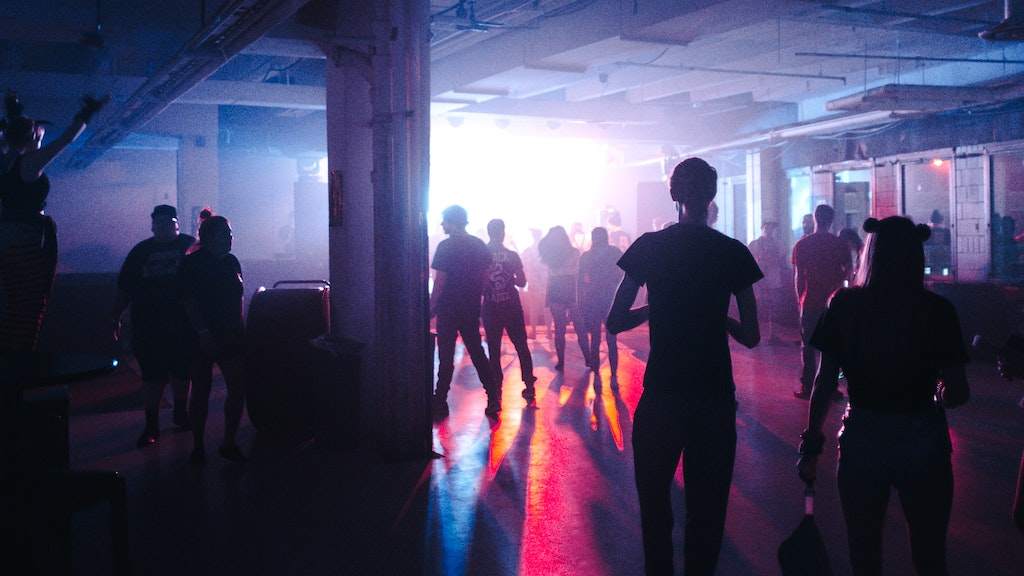Published
Mon, Mar 13, 2023, 11:10
- The data has been shared exclusively with RA.

The results of a survey on abuse, harassment and micro-aggressions in the electronic music industry have been released exclusively to Resident Advisor.
The data was collected over a four-week period in April 2021 using an app run by the Electronic Music Inclusion Initiative (EMII). 143 people from 28 countries reported incidents ranging from physical abuse and bullying to sexist language and unwanted physical contact.
The bulk of reports came from the UK, the US and Germany. Most respondents identified as women aged between 26 and 35, while 47 percent were DJs, musicians or performers. Almost 50 percent of incidents took place at a club night, concert or festival, and almost 40 percent disproportionately affected women of colour.
According to Rosie Turner, co-director at InChorus, the company behind the EMII survey, the results highlight the scale of the issue and the "pervasive culture" that exists in the electronic music industry.
"It's not just about physical abuse but also micro-aggressions like suggestive comments, criticism of what someone's wearing, telling them they shouldn't dance while they DJ and questioning their technical skills," she added.
The second most common type of incident (after being treated as inferior) was unwanted physical contact, with between 50 and 60 reports. This was "higher than in fintech and finance industries," Turner said.
As part of the survey, respondents were asked whether they reported the incident at the time. 85 percent said no. Their reasons included fearing retaliation (22.5 percent), their manager being involved in the incident (ten percent) and having no faith in any further action being taken (30 percent).
This lack of confidence in the reporting process is reflected across society. According to the UK government's Rape Review Report in 2021, fewer than 20 percent of rapes are reported to the police and only 1.6 percent of reports result in a charge, let alone a conviction. New research has found that the police's belief in victim-blaming myths has contributed to this figure.
According to Turner, the next step is to design and develop "a fit-for-purpose reporting solution," which will help people speak out and connect them with the necessary support. New channels for reporting incidents will be co-designed with venues–something that can also aid police investigations. But this, she said, will require funding.
"This research feeds into the creation of such a tool," she added. "The plan is to develop something with survivors of harassment and abuse in mind and to make a constructive difference-but we need venues and other industry players to come on board first."
A spokesperson from the #MeTooMusic campaign, which has been raising awareness of sexual abuse in the electronic music industry since 2020, said the EMII study is "super important to the industry" because it reveals "how much abuse is happening, where it's happening and to whom."
Photo: Donny Jiang